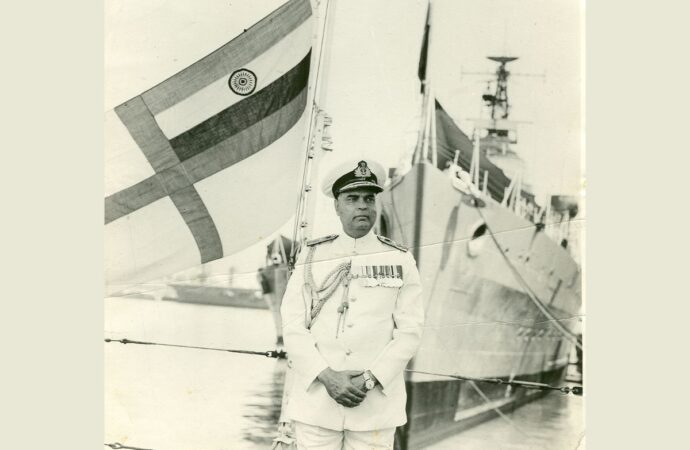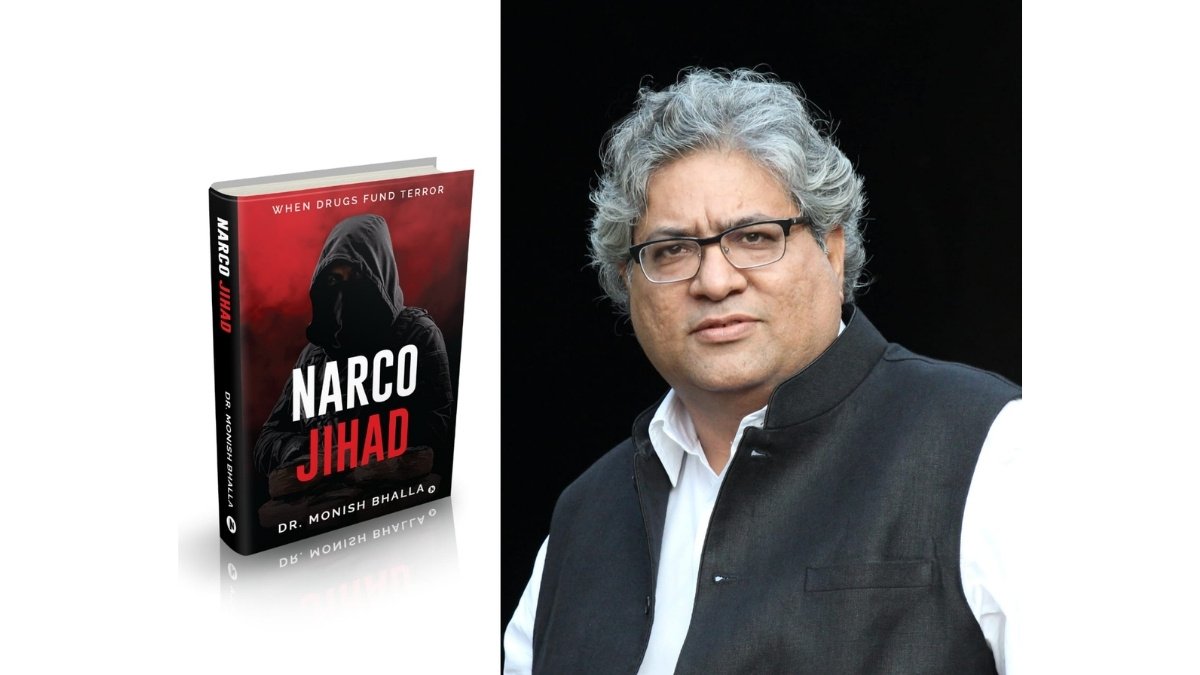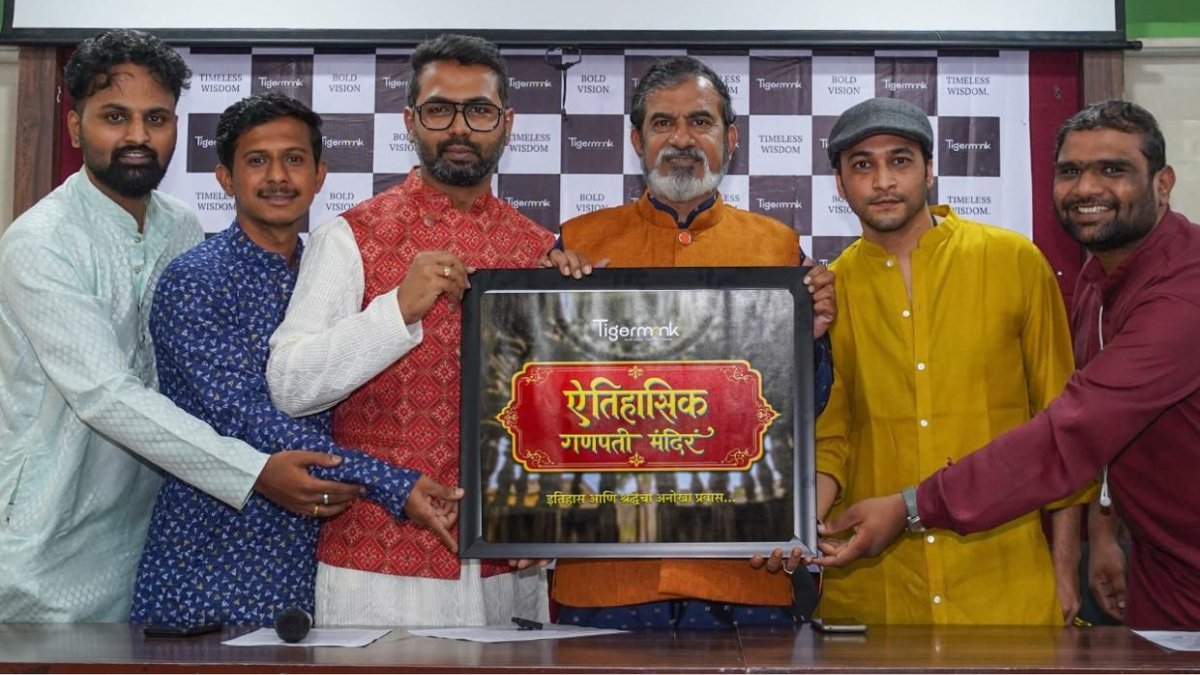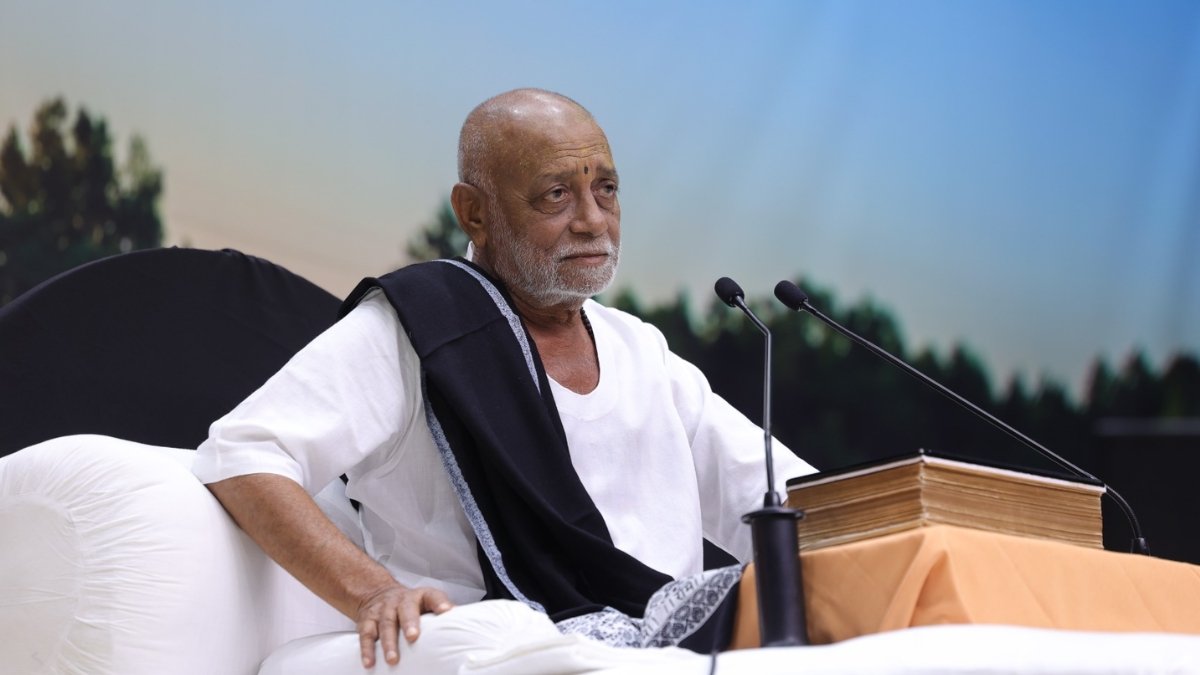Admiral SM Nanda – The Man who steered Indian Navy to a resounding victory during 1971 Indo -Pak War – Every year, the nation celebrates Vijay Diwas on 16th December. But do we know the story behind the valour that brought victory for India in the 1971 war against Pakistan? – Brain child of then Naval
Admiral SM Nanda – The Man who steered Indian Navy to a resounding victory during 1971 Indo -Pak War
– Every year, the nation celebrates Vijay Diwas on 16th December. But do we know the story behind the valour that brought victory for India in the 1971 war against Pakistan?
– Brain child of then Naval Chief Admiral Nanda, Operations Trident and Python were at the core of India’s victory in 1971, leading to surrender of Pakistani Army on December 16, 1971 and the creation of Bangladesh from the erstwhile East Pakistan.
– The trail of devastation left behind by Operations Trident and Operation Python sent a shiver down the spine of Pak establishment. Karachi Port kept burning for seven days. It displayed the strategic prowess and determination of the Indian Navy under the stellar leadership of Admiral Nanda.
New Delhi (India), December 18: Vijay Diwas, celebrated on December 16th every year, commemorates India’s resounding victory in the 1971 Indo-Pak war, a historic event that led to the liberation of East Pakistan, now Bangladesh, after the devastation of Karachi Port, which was scripted solely due to the determined leadership of then Naval Chief Admiral Nanda.
Brainchild of then Naval Chief Admiral Nanda, Operations Trident and Python were at the core of India’s victory in 1971, leading to the decisive triumph of India over Pakistani forces and the surrender of the enemy on December 16, 1971 and the creation of Bangladesh from the erstwhile East Pakistan.
This incredible feat was accomplished greatly because of the valour, determination and action-oriented stellar leadership of Admiral Nanda. The Indian Navy devastated Karachi Port, the citadel of Pakistani military establishment and economy, demonstrating his strategic prowess and unwavering determination to take on the enemy head-on.
Operations Trident and Python – an excellent strategic and meticulous war planning of Admiral Nanda – changed the course of war. The trail of devastation left behind by the most audacious attack by the heroes of Admiral Nanda sent a shiver down the spine of Pak establishment. Karachi Port kept burning for seven days. It displayed the strategic prowess and determination of the Indian Navy under the stellar leadership of Admiral Nanda and scripted a rare victory in the world’s war time annals.
On December 3, 1971 Pakistan had launched an unprovoked attack on Indian airfields. India faced challenges from both West Pakistan and East Pakistan and was left with no choice but to respond with decisive force. Known for his aggressive and action-oriented leadership, Admiral Nanda, popularly known as Charles Nanda, went for a swift and bold attack on the enemy on December 4 – Operation Trident.
Admiral Nanda decided the deadly attack on the Karachi harbour to ensure a complete blockade on the Pakistani Navy, effectively cutting the western command from East Pakistan. In the Eastern theatre, he planned the deployment of the aircraft carrier INS Vikrant in the Gulf of Bengal off East Pakistan to open a front from seaward to completely blockade it and prevent reinforcements – ammunition and all supplies from reaching it. Karachi Port burnt for seven days, leaving Pakistani forces and economy totally crippled. It displayed the strategic prowess and determination of Admiral Nanda.
The 1971 War was the only war in which the Indian Navy took part and brought rare laurels to the nation. Touted as one of the world’s most daring war strategies, Operations Trident destroyed and sank battle-class destroyer PNS Khaibar, ammunition carrier Venus Challenger, an adjutant-class minesweeper PNS Muhafiz, and destroyer PNS Shah Jahan.
Operation Python launched on the night of December 8-9, 1971 proved the last nail in Pakistan’s coffin. Admiral Nanda showed extreme courage and valour to go back and attack the enemy in his citadel a second time. The Indian Navy assaulted the gathering of boats off the shoreline of Karachi. Pakistani armada tanker PNS Dacca was destroyed and the Kemari oil storage was again put on fire, bringing complete devastation to Karachi port. India endured no misfortunes.
The ferocious and swift Operation Trident proved and achieved what Admiral Nanda had said two years ago in a media interview in 1969 when he was the Flag Officer Commanding-in-Chief of Western Naval Command: “…You have my word that given the opportunity, the Indian Navy will make the world’s biggest bonfire of it.” He proved, accomplished and showed to the world the mettle he epitomized.
Rightly hailed and revered as the ‘Man Who Bombed Karachi’ Admiral Nanda was awarded Padma Vibhushan, the second highest civilian award, for his outstanding courageousness during the war.
However, fifty-two years on, what continues to disappoint Naval veterans is the sordid denial of the of ‘Admiral of the Fleet’ honour to Indian Navy and then Naval Chief, who planned and executed Operation Trident and Python with finesse on the night of December 4, 1971, recording the only victory in the annals of maritime war.
A befitting acknowledgement of the magnificent services and extraordinary leadership Admiral Nanda provided to the Indian Navy during the most critical juncture in the nation’s history will be the conferment of most deserving and long awaited ‘Admiral of the Fleet’ honour upon him posthumously which will also serve as an inspiration for the future generations of naval officers.
If you have any objection to this press release content, kindly contact pr.error.rectification@gmail.com to notify us. We will respond and rectify the situation in the next 24 hours.



















